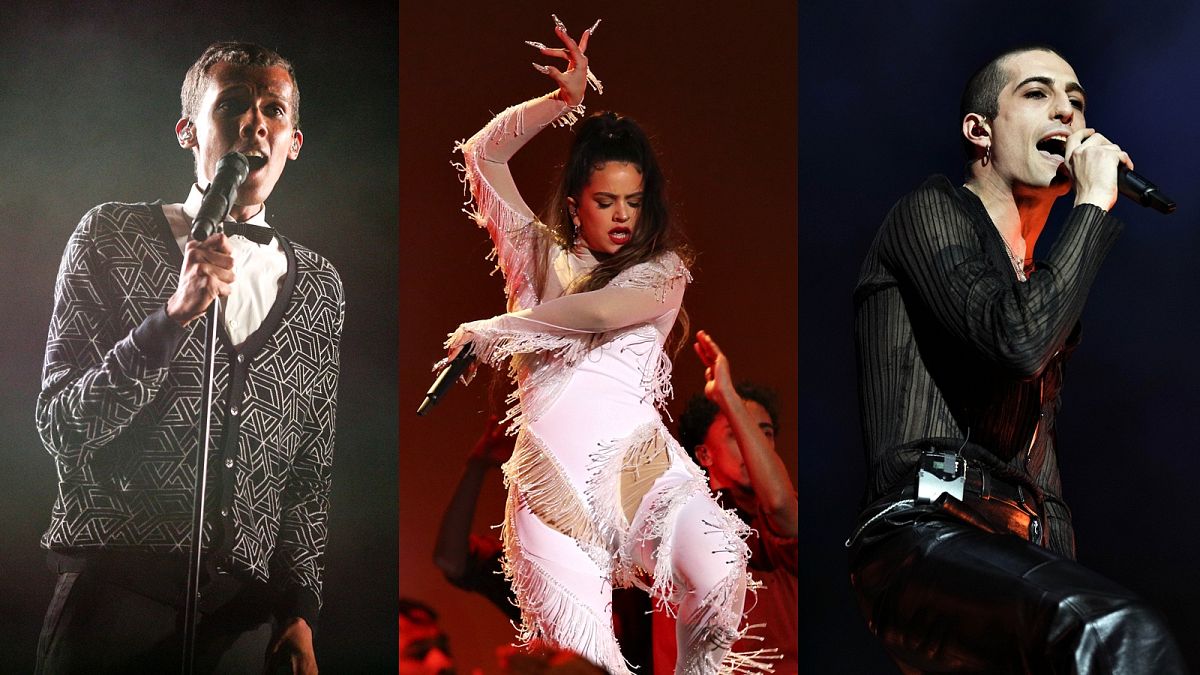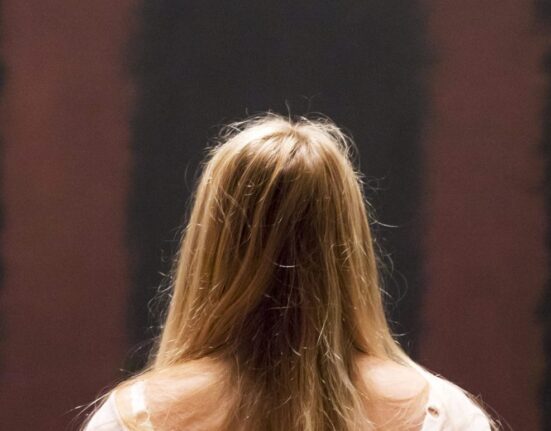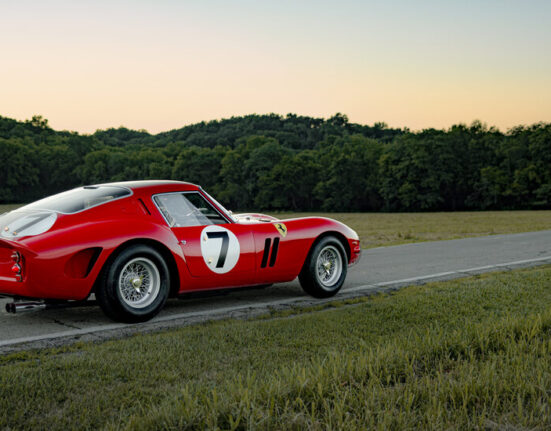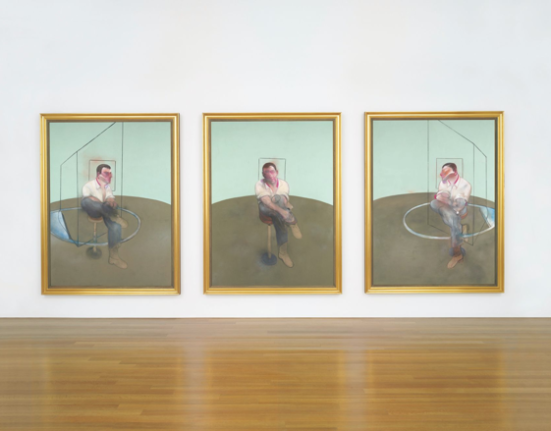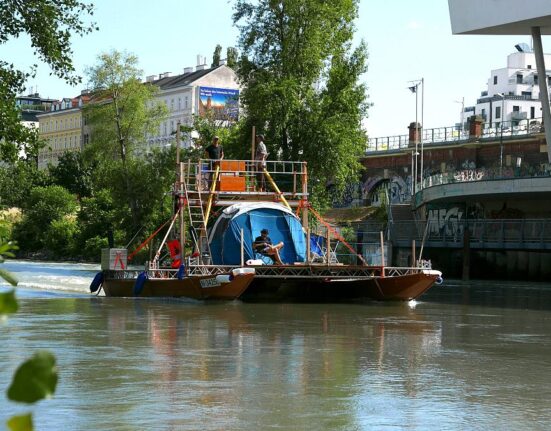Taylor Swift might be spared of a cruel summer after all: the European Commission is planning to enlist the help of other music artists to mobilise young voters ahead of this year’s EU elections.
Rosalía, Måneskin, Angèle and Stromae are at the top of the wish-list of names that Brussels intends to contact in the upcoming days, Euronews has exclusively learned.
Other music artists, as well as athletes and football players deemed to have sufficient popular appeal, will also be approached through their media representatives, said an EU official with knowledge of the process.
The selection of Europe-born celebrities will attempt to have a geographical balance to reach the largest amount of citizens across the 27 member states.
The revelation comes a day after European Commission Vice-President Margaritis Schinas made an unexpected plea to Taylor Swift, directly asking the American award-winning songwriter to galvanise young voters ahead of the elections to the European Parliament, scheduled to take place between 6 and 9 June.
“No one can mobilise youth better than young people, that’s how it works,” Schinas said on Wednesday.
“Just to give you an example: Taylor Swift, last September – she made a social media call to young Americans to register to vote. The day after her post, 35,000 young Americans had registered to vote,” he continued, referring to the short message that Swift shared last year on her Instagram account, which has more than 270 million followers.
The post, which included a link to Vote.org, came amid Swift’s headline-grabbing Eras Tour, an extravagant three-hour show that has already become the highest-grossing concert tour in history.
Swift is scheduled to bring the Eras Tour to Europe starting on 9 May in Paris, a date that, as Schinas pointedly remarked, will coincide with Europe Day. Besides France, the European leg will feature sold-out shows in other member states, such as Sweden, Portugal, Spain, Ireland, the Netherlands, Italy, Germany, Poland and Austria.
“Taylor Swift will be in Europe in May,” Schinas said. “So I will very much hope that she does the same for young Europeans and I very much hope that someone from her media team follows this press conference and relays this request to her.”
Unlike the surprising petition to Swift, which the star is likely to shake off, the engagement with the European artists will be done formally through their media teams, said the EU official, speaking on condition of anonymity.
Euractiv previously reported about the European Parliament’s draft plans to enlist the help of celebrities ahead of the poll.
Aiming high
The selection of names revealed on Thursday is deliberately crafted to appeal to young voters: Rosalía, Måneskin, Angèle and Stromae are among the most popular artists right now, with a strong following on social media that Brussels hopes can be leveraged to spread awareness about the continent-wide elections.
Rosalía rose to international prominence after the release of her 2018 album El mal querer, an experimental reinvention of the flamenco genre that received critical acclaim. Since then, the Spanish singer has continued to expand her appeal and fanbase thanks to her genre-blending Motomami album and a successful worldwide tour.
Måneskin, an Italian rock band led by Damiano David, became a household name with their triumphant performance at the 2021 Eurovision Song Contest. Their victorious song “Zitti e buoni” became an instant classic of the contest’s repertoire and propelled their next single, “I Wanna Be Your Slave,” to the top of international charts.
Meanwhile, Angèle and Stromae are arguably the most recognisable voices in the Belgian music scene. Angèle’s debut album, titled Brol, was a best seller in her native country and France, with her song “Balance ton quoi” directly inspired by the #MeToo movement. One of her latest singles, Bruxelles je t’aime, seems like a shoo-in for the outreach push.
Stromae’s career dates back to 2010, when his song “Alors on danse” became an inescapable sensation on Europe’s dance floors. The rapper and songwriter has so far published three studio albums and earned plaudits for his candid confessions about mental health and suicidal thoughts.
Securing an endorsement from these four artists would be a big boost for the European campaign, which is notorious for its scarcity of star power. However, there is no guarantee any of the musicians will heed the Brussels call.
Turnout for the European Parliament elections has been historically low, with deep divergences among countries. In 2019, the figure stood at 50.66%, the first time it surpassed the 50% threshold since 1994. According to a Eurobarometer survey, the increase was largely due to youth participation.
This year, four member states – Belgium, Germany, Malta and Austria – will allow citizens aged 16 or older to vote, hoping to reinvigorate the pan-continental democratic exercise.

